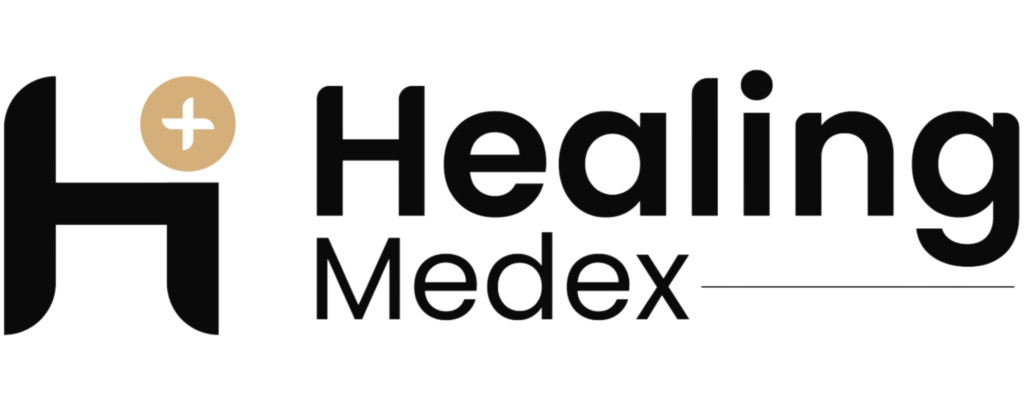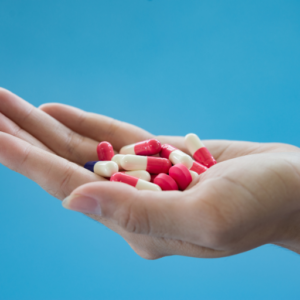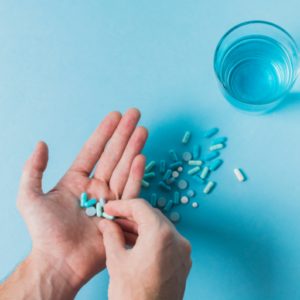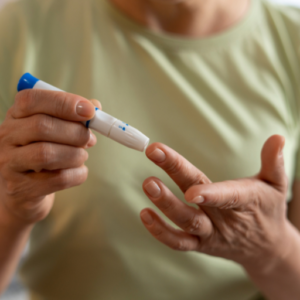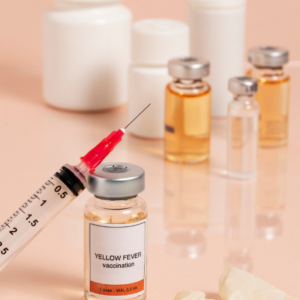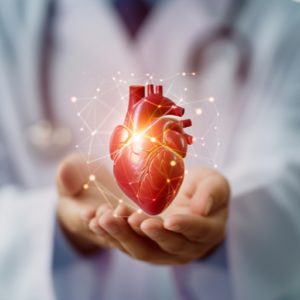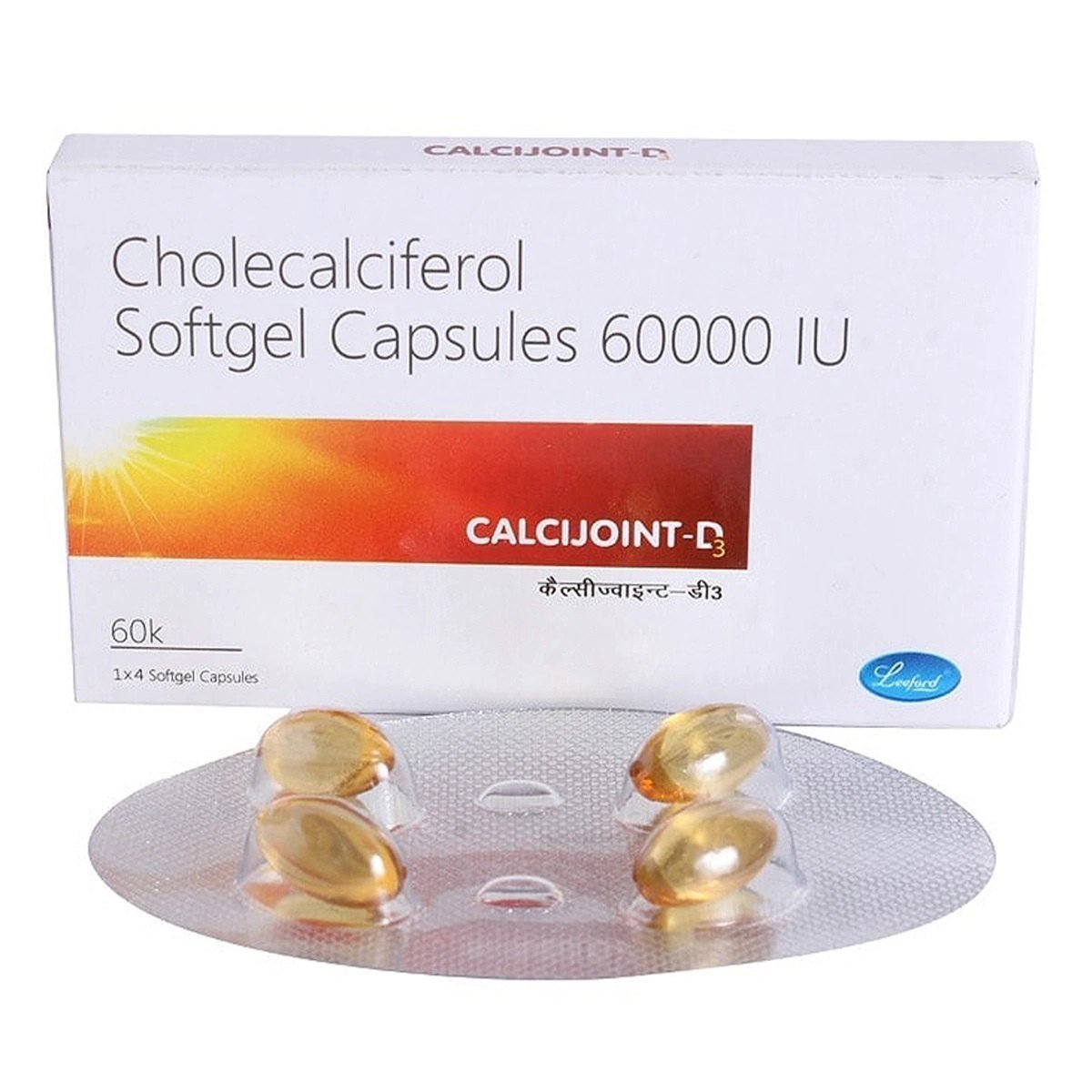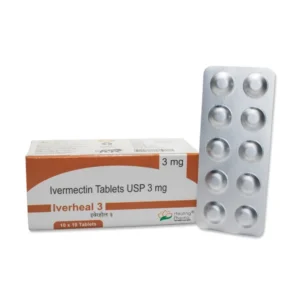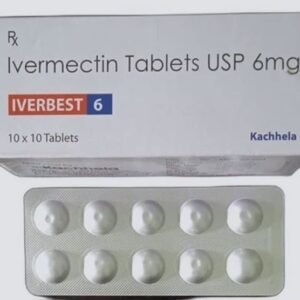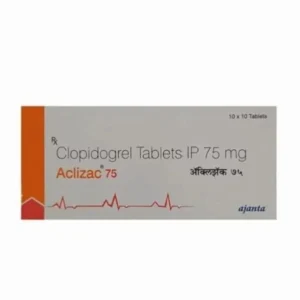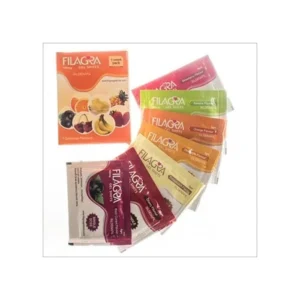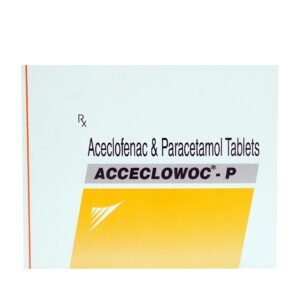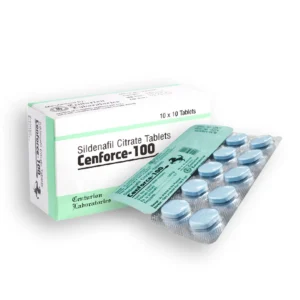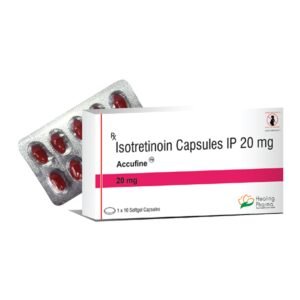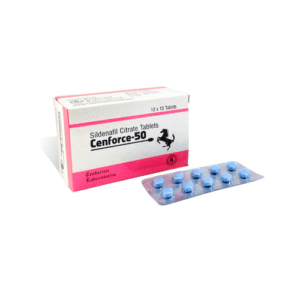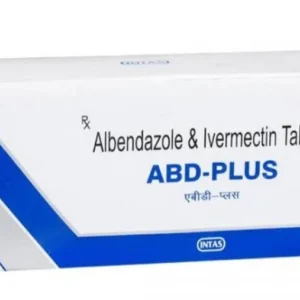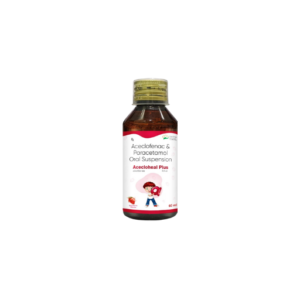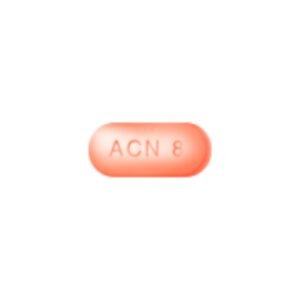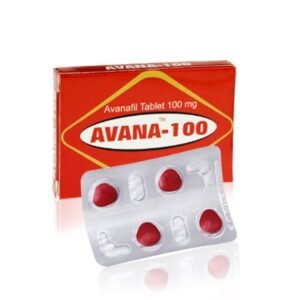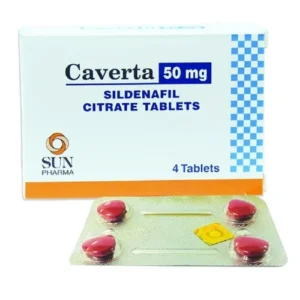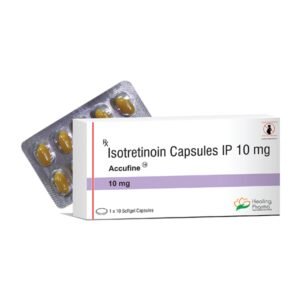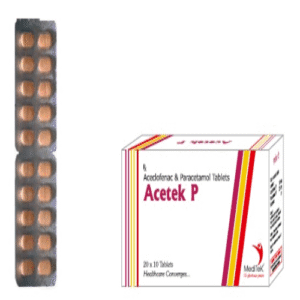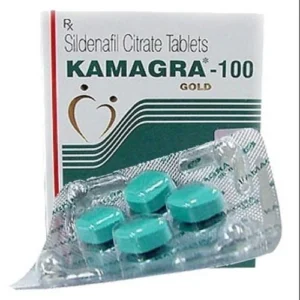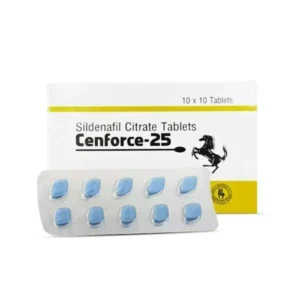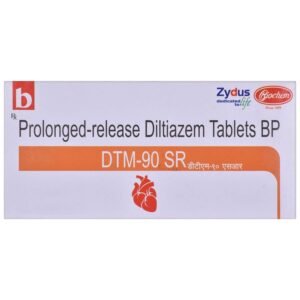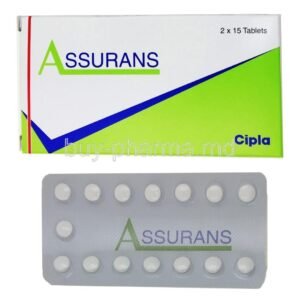CALCIJOINT D3
| Package | Per tablet | Savings | Price |
|---|---|---|---|
| 24 tablets | $0.54 | $5 | $18 $13 |
| 20 tablets | $0.55 | $4 | $15 $11 |
| 16 tablets | $0.56 | $3 | $12 $9 |
| 12 tablets | $0.58 | $2 | $9 $7 |
| 8 tablets | $0.63 | $1 | $6 $5 |
| 4 tablets | $0.75 | – | $3 |
What is this medicine?
CALCIJOINT D3 is a combination of Calcium and Vitamin D3 (Cholecalciferol). This medicine is used to treat or prevent calcium and vitamin D deficiencies. It helps in maintaining bone strength and preventing conditions like osteoporosis, osteomalacia (soft bones), and rickets in children. Vitamin D3 improves calcium absorption in the body.
What should I tell my health care provider before I take this medicine?
They need to know if you have any of these conditions:
-
high calcium levels in the blood (hypercalcemia)
-
high levels of vitamin D in the blood (hypervitaminosis D)
-
kidney stones or kidney disease
-
heart disease
-
liver disease
-
sarcoidosis (an immune system disorder)
-
difficulty absorbing nutrients from food (malabsorption syndrome)
-
any history of gastrointestinal problems
-
an unusual or allergic reaction to calcium, vitamin D3, other medicines, foods, dyes, or preservatives
-
pregnant or trying to get pregnant
-
breast-feeding
How should I use this medicine?
Take this medicine by mouth with a glass of water. It is best taken after meals for better absorption. Take your doses at regular intervals as directed by your doctor or health care professional. Do not take your medicine more often than directed. Do not stop taking this medicine without your doctor’s advice.
Overdosage: If you think you have taken too much of this medicine, contact a poison control center or emergency room at once.
What if I miss a dose?
If you miss a dose, take it as soon as you remember. If it is almost time for your next dose, skip the missed dose and take only your regular dose. Do not take double or extra doses.
What may interact with this medicine?
-
antacids containing aluminum or magnesium
-
calcium supplements
-
vitamin D supplements
-
thiazide diuretics (e.g., hydrochlorothiazide)
-
digoxin or other heart medications
-
corticosteroids (e.g., prednisone)
-
certain antibiotics (e.g., tetracyclines, quinolones)
-
bisphosphonates (used to treat bone problems)
-
levothyroxine
This list may not describe all possible interactions. Tell your health care provider about all medicines, supplements, or herbal products you are using. Also inform them if you smoke, consume alcohol, or use recreational drugs.
What should I watch for while using this medicine?
Visit your doctor or health care provider regularly to monitor your progress, especially if you are on long-term supplementation.
Inform your doctor if you experience symptoms like:
-
persistent nausea or vomiting
-
confusion
-
muscle weakness
-
frequent urination
-
excessive thirst
These could be signs of too much calcium or vitamin D in your body.
Do not take additional calcium or vitamin D supplements unless prescribed. Avoid calcium-rich antacids unless approved by your doctor.
Stay well hydrated, especially if you have a history of kidney stones.
What side effects may I notice from this medicine?
Side effects that you should report to your doctor or health care professional as soon as possible:
-
allergic reactions like skin rash, itching, or swelling of the face, lips, or tongue
-
signs of high calcium levels (hypercalcemia) such as confusion, muscle pain, fatigue
-
kidney stone symptoms such as severe lower back pain, blood in urine
-
severe constipation or abdominal pain
Side effects that usually do not require medical attention (report if persistent or bothersome):
-
constipation
-
bloating or gas
-
dry mouth or metallic taste
-
mild nausea
This list may not describe all possible side effects.
Where should I keep my medicine?
Keep out of the reach of children.
Store at room temperature between 15°C and 25°C (59°F and 77°F). Protect from moisture, heat, and light. Keep the container tightly closed. Do not use after the expiration date. Dispose of unused medicine safely.
